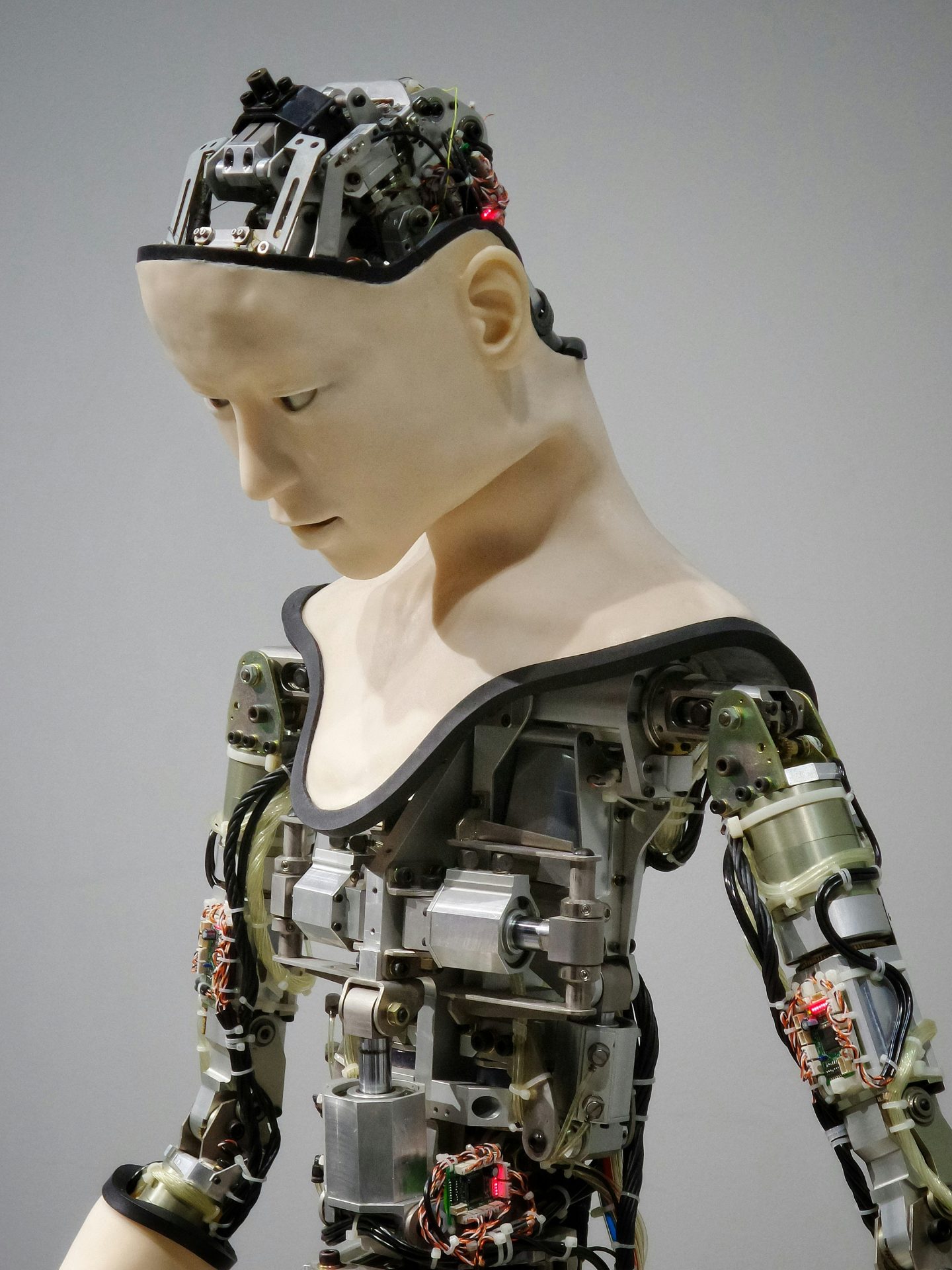Antiqua et Nova: A Gift on Artificial Intelligence
by Nicholas D. Sawicki
In a landmark “Note” jointly issued by the Dicastery for the Doctrine of the Faith and the Dicastery for Culture and Education, the Holy See has made a profound contribution to the increasingly urgent global debate on Artificial Intelligence (AI).
This document is a gift—one that draws deeply from the Church’s anthropological and ethical traditions while seamlessly integrating philosophical and theological insights. It offers not only a holistic response to AI but also a clear-eyed assessment of its practical challenges, from warfare and privacy to education, labor, healthcare, and misinformation. More importantly, it calls each of us to reflect on how AI shapes our relationships—with one another and with God.
The Core Argument: Intelligence vs. Computation
A key insight, previously advanced by Pope Francis, is that the term “Artificial Intelligence” can be misleading. True human intelligence—a divine gift—is not merely functional; it allows us to think, reflect, and contemplate higher truths. The Note underscores this distinction:

Pope Francis warns that artificial intelligence is a misleading term.
“AI’s advanced features give it sophisticated abilities to perform tasks, but not the ability to think… Although AI can simulate aspects of human reasoning and perform specific tasks with incredible speed and efficiency, its computational abilities represent only a fraction of the broader capacities of the human mind.”
This differentiation is central to the Church’s understanding of human dignity and our unique place in creation.
The Theological Foundation of Human Intelligence
The Note provides a rich theological and philosophical exploration of human intelligence, focusing on four key areas:
- Embodiment – “Spirit and matter are not two natures united, but rather their union forms a single nature.”
- Relationality – “The vocation to communion with God is necessarily tied to the call to communion with others.”
- Humanity’s Relationship with Truth – Human intelligence is ultimately “God’s gift fashioned for the assimilation of truth.”
- Stewardship of Creation – We live out our identity as imago Dei by “keeping” and “tilling” (Gen. 2:15) creation, using our intelligence responsibly in accordance with God’s plan.
These principles culminate in an integral understanding of human intelligence as more than the mere acquisition of facts. Unlike AI, which processes information mechanically, human intelligence possesses an openness to deeper meaning:
“Human intelligence retains the ability to access the totality of being, contemplating existence in its fullness, which goes beyond what is measurable, and grasping the meaning of what has been understood.”
This warning is stark: if AI is elevated beyond its role as a product of human intelligence, we risk creating an idol.
The Ultimate Concern: AI and Humanity’s Relationship with God
Perhaps the most urgent warning in the Note comes in its conclusion: the growing temptation to see AI as more than just a tool—but as a source of meaning.
As discussions about Artificial General Intelligence (AGI) gain traction, some envision AI surpassing human capabilities. The Note warns that, in an increasingly secular world, there is a real danger that people might look to AI as a substitute for God:
“As society drifts away from a connection with the transcendent, some are tempted to turn to AI in search of meaning or fulfillment—longings that can only be truly satisfied in communion with God.”
This warning is stark: if AI is elevated beyond its role as a product of human intelligence, we risk creating an idol.
“By turning to AI as a perceived ‘Other’ greater than itself, with which to share existence and responsibilities, humanity risks creating a substitute for God.”
The Church’s Call: A Future Guided by Ethical AI
The Note does not advocate for rejecting AI, but rather guiding its development with wisdom, ethics, and a commitment to human dignity. The authors emphasize that:
“A significant challenge and opportunity for the common good today lies in considering AI within a framework of relational intelligence, which emphasizes the interconnectedness of individuals and communities and highlights our shared responsibility for fostering the integral well-being of others.”
In an AI-driven world, we must remain rooted in faith and guided by the Holy Spirit, who:
“…enables us to look at things with God’s eyes, to see connections, situations, events and to uncover their real meaning.”
As the world grapples with AI’s rapid evolution, this Note stands as a beacon of wisdom, ensuring that technology remains at the service of humanity—not the other way around.
Author bio: Nicholas D. Sawicki is a member of CAPP and the executive director of the Houston Public Library Foundation.
Other Reflections:
Antiqua et Nova has also been met with some criticism. While it has been praised for its comprehensive ethical framework, two key critiques have emerged – highlighting the ongoing debate about balancing ethical considerations with technological advancement in the field of AI.
- Lack of Specific Guidelines: While the document provides a broad ethical framework, some have noted that it lacks specific, actionable guidelines for AI developers and policymakers. This absence may limit its practical applicability in the rapidly evolving tech industry.
- Potential for Dehumanization/Ethical Concerns: The document warns against AI developments that could lead to dehumanization and focuses extensively on ethical considerations. Some critics argue the emphasis on the potential harms of AI may overshadow its benefits, potentially hindering technological progress and feel its extensive focus on ethical considerations might overshadow the potential benefits of AI, such as advancements in healthcare and education. They argue that a more balanced approach is needed to fully appreciate AI’s capabilities.





